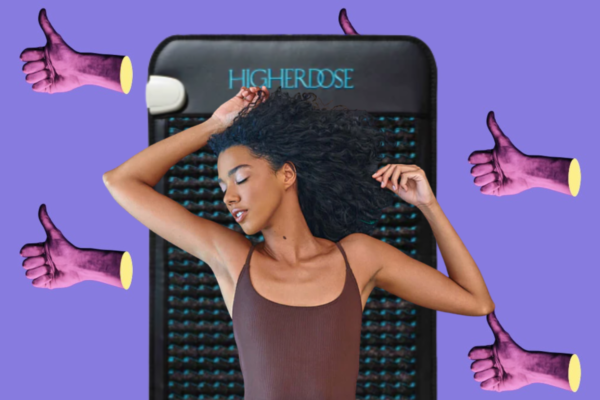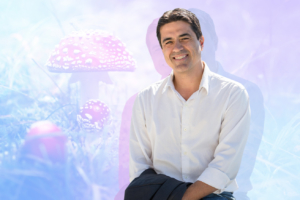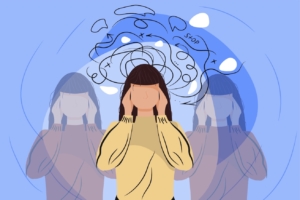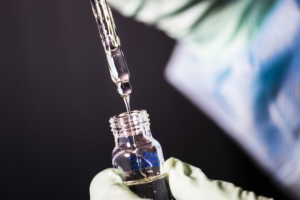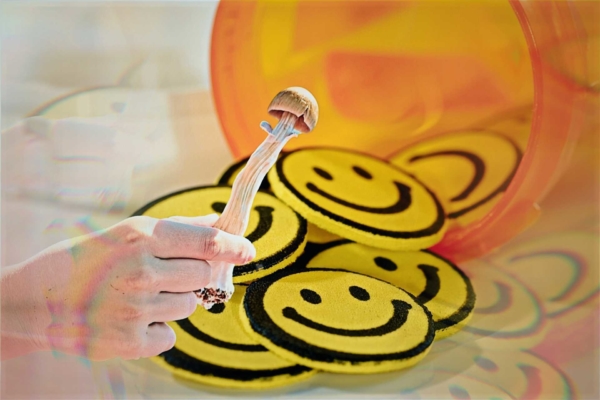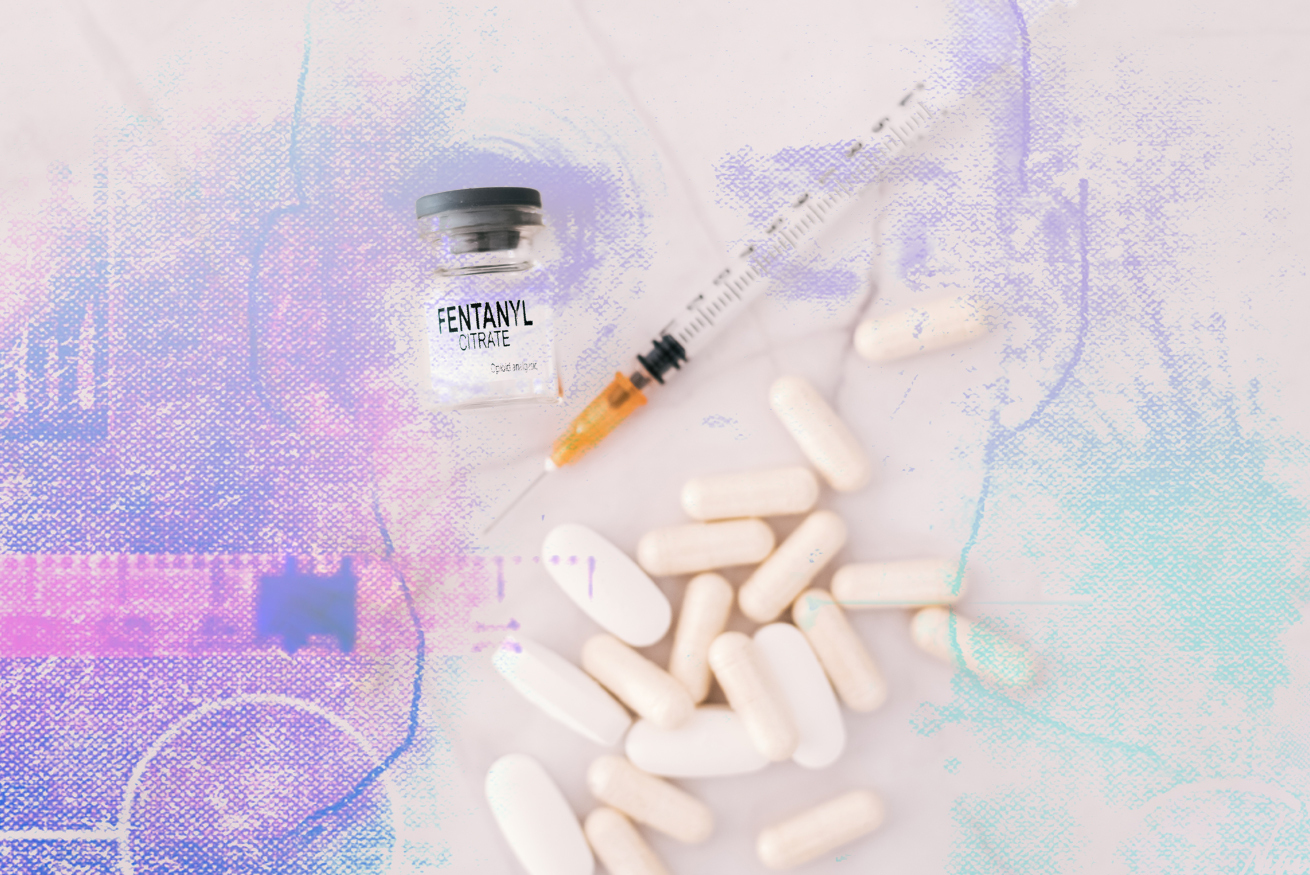
The story of opiate addiction is the same time and again. An inequitable world coupled with the volatility of our individual physiologies leads to human suffering. Human suffering in impoverished communities leads to desperate and dangerous measures in seeking release and happiness. Desperate and dangerous measures lead to jails, institutions, and death.
And how do psychedelics fit in?
By enabling health care workers to utilize radical and innovative treatments, psychedelics have the potential to heal the neurology of addicts in ways that no other treatments can.
Confronting the ongoing opiate addiction crisis demands an understanding of the many interrelated components of this complex problem. But foremost, we must generate the empathy necessary to engineer a lasting solution.
Clinical research takes vast amounts of time and money. Anecdotal evidence of off-label ketamine producing miraculous results exist, but in reality these therapies are far from accessible to the poorest among us. People with no access to health care are those most powerfully stuck in the cycle of poverty and opiate addiction.
Breaking this cycle is a feat that many will attempt. In truth only a pitiful few will actually succeed. What is needed most is making resources available for the people out on the streets.
Who cares?
We are numb to the suffering at this point. In America, where there is an expectation for the attainment of a higher standard of living than perhaps other countries, we daily pass by the unhoused and mentally ill, the dying and dead, on subways, encampments, street corners, and highway underpasses.
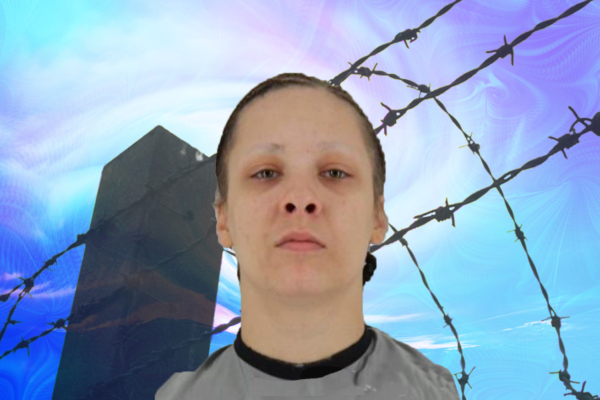
If you crossed the underpass of I-70 and Highway 40 in Kansas City, Missouri during the winter of 2021, it’s very likely that you drove past Brittany. From your vantage, she was the unsightly zombie teetering by the side of the road, mumbling to herself, out of her mind.
From her vantage, a mother and three children approach in their car. It’s a hot day for February in Kansas City. As the car rolls to the stoplight, the windows go up and the mother instructs her children not to make eye contact with the crazy woman begging for money. Money that is to be used to score heroin that is most likely fentanyl.
It was at this moment that Brittany decided she had sunken lower than she ever imagined. She remembers the moment with clarity. While interviewing her, it seemed impossible to believe that these are her experiences.
“I was living under a bridge on 40 highway,” Brittany recalls. “I was mentally and physically exhausted and was convinced I had lost my sanity for good. I was standing next to a stoplight when I heard a mother in her car tell her children not to look at me. In that moment I decided I was going to kill myself. Four hours later I was arrested on 3 felony warrants and taken to the Jackson County Detention Center where I started my current journey into recovery.”
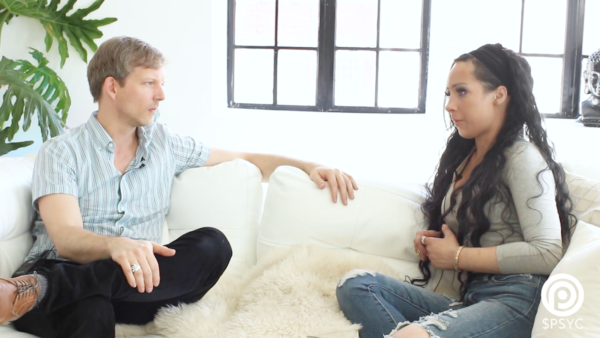
I first invited Brittany onto Spotlight In Focus for an interview back in November, 2021. I thought her detailed insights and ability to speak to her own experience would help illustrate how incredibly severe the current opiate addiction crisis is. I had hoped to help get her into ketamine-assisted therapy. She needed to be cleared medically, and she was maintaining a very tentative sobriety at the time of our interview. A huge part of her peril was anhedonia, her brain’s inability to generate anything resembling a sense of happiness, confidence or satisfaction. She could hear inspirational messages from me, loved ones, sponsors, and professionals, but she could process nothing.
That tentative sobriety wouldn’t last. Her journey from then to now has been incomprehensibly difficult. And yet there are so many others with similar stories. Often, they do not live to tell the tale.
We reconnected for a follow-up interview on July 13th, the five-month anniversary of what Brittany calls this her “Miracle Day,” February 13th, 2021, the last time she used opiates. She’s spoken about this memory now at NA meetings and is now inspiring others in the process.
Brittany is still in the fight for her life. She is a human being deserving of dignity, health and happiness. She gives it to you straight in our conversation.
You can watch the full interview here. Please share her message with anyone you think may benefit from hearing it.
